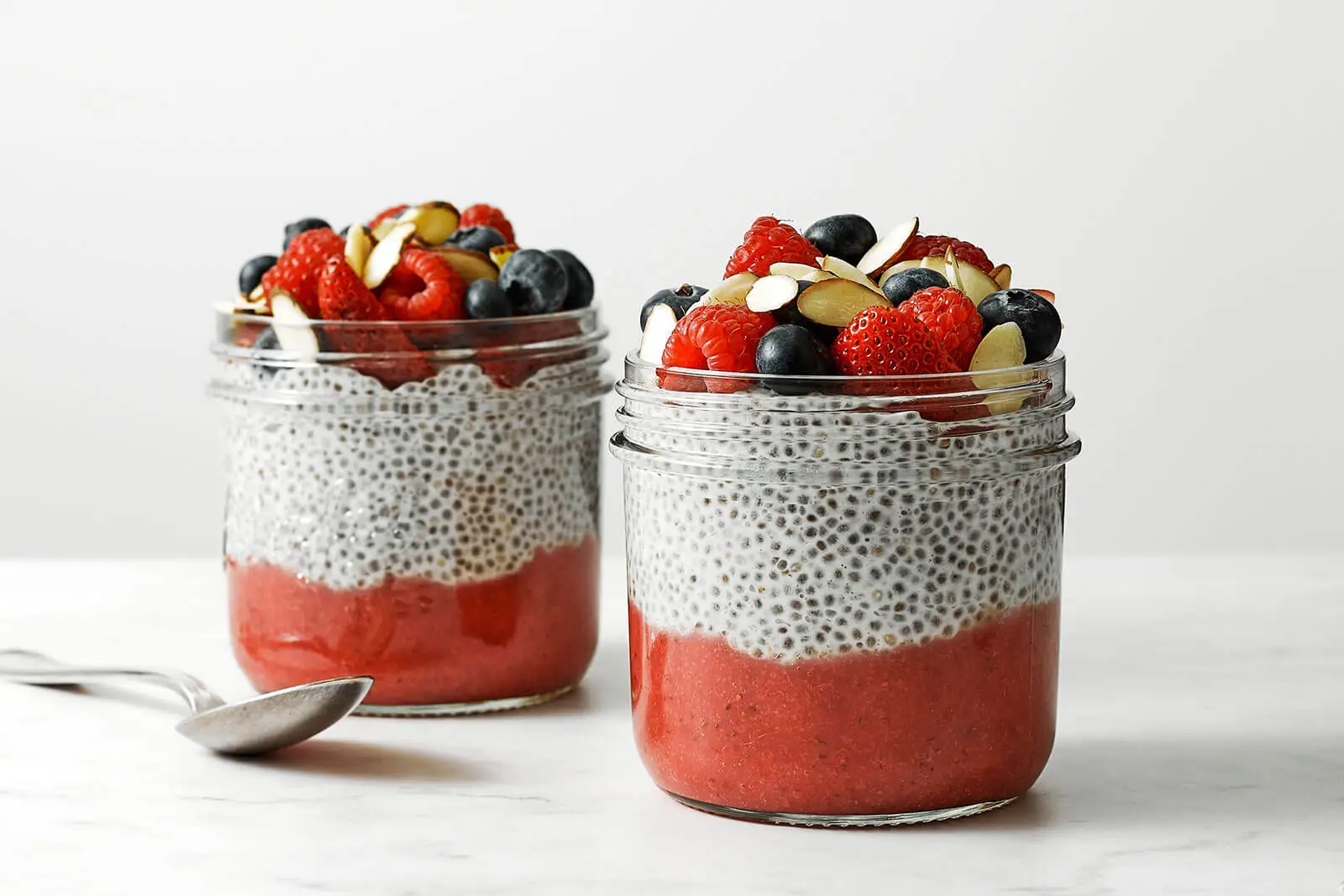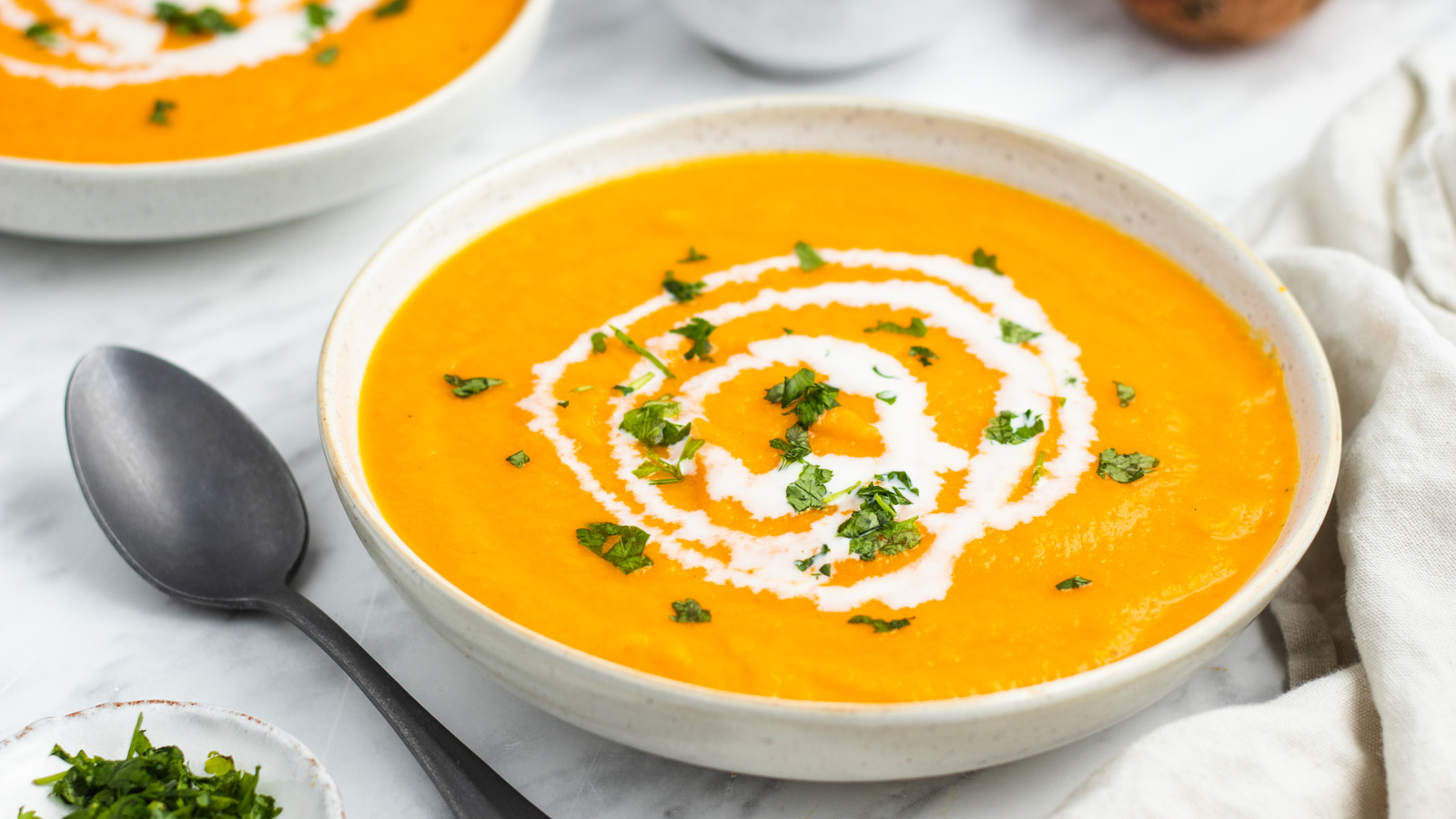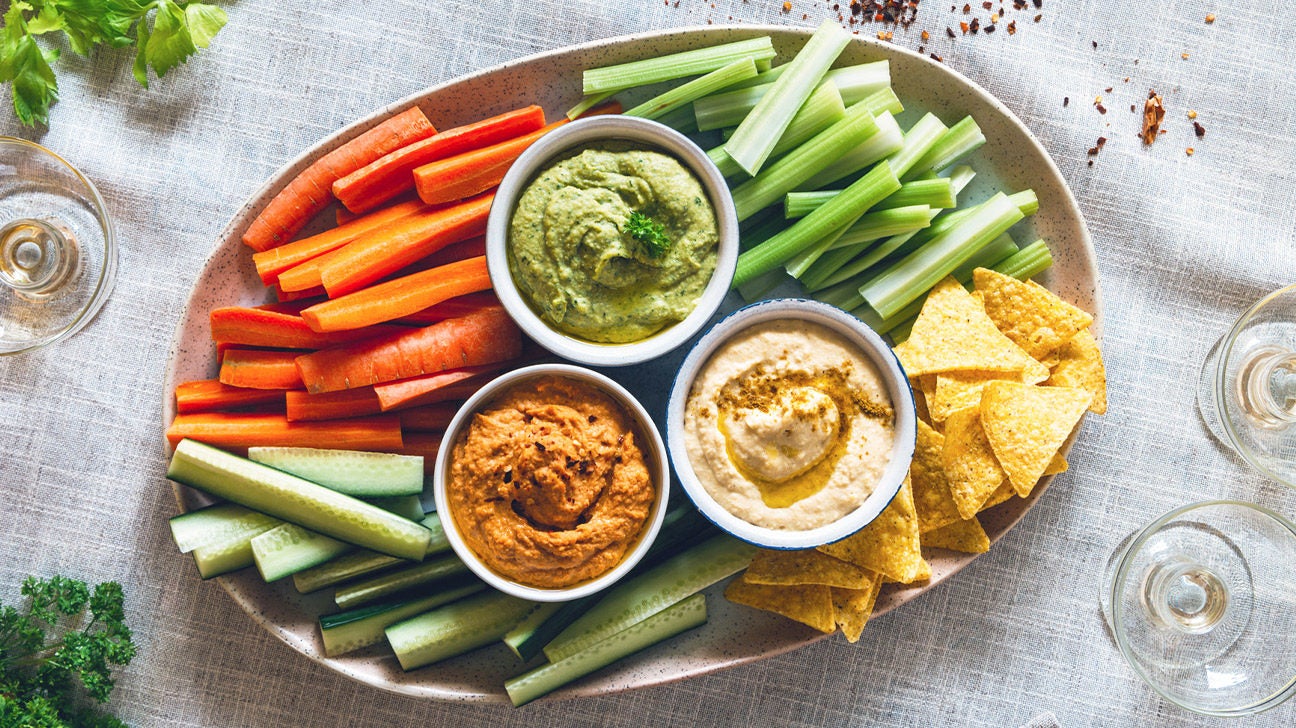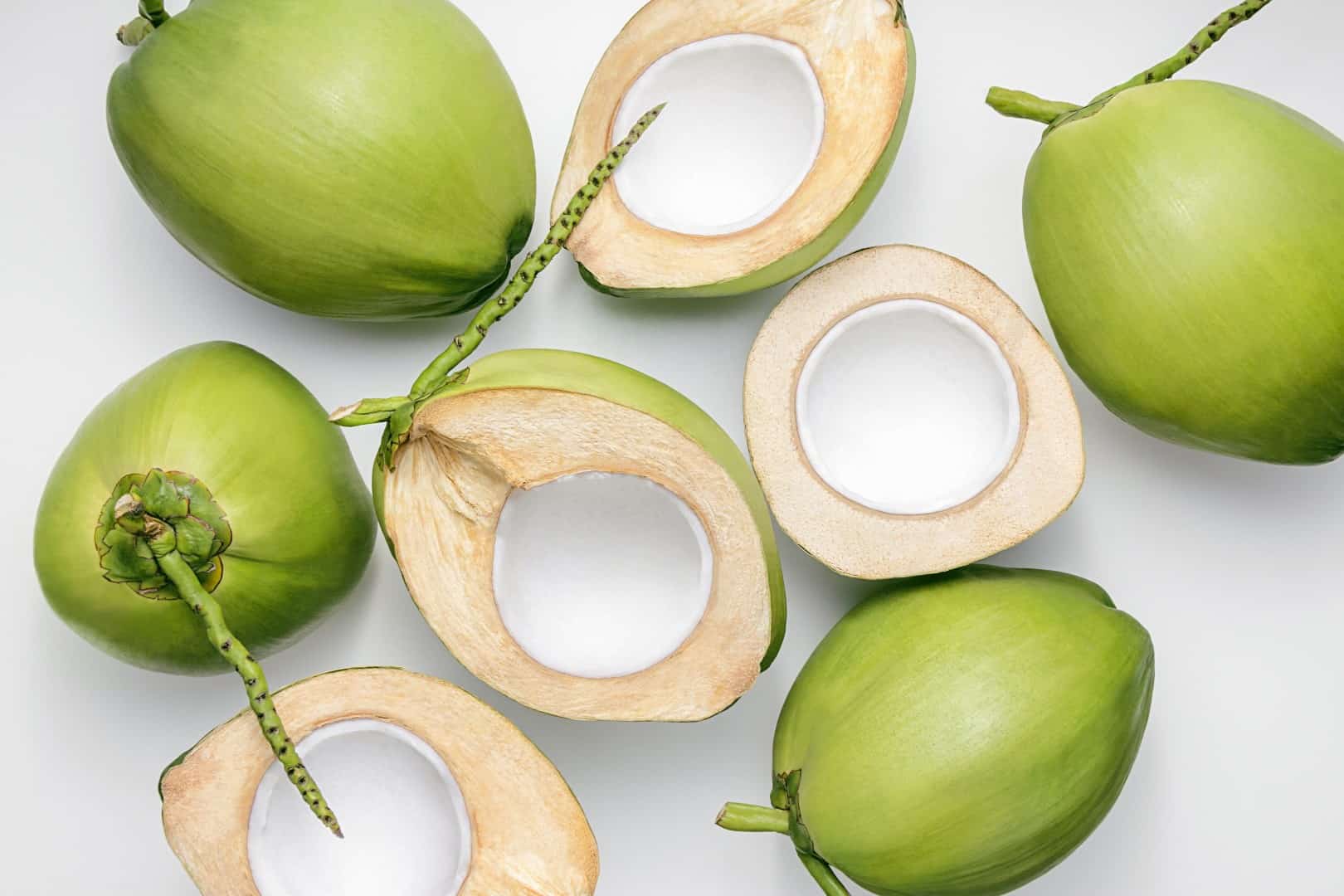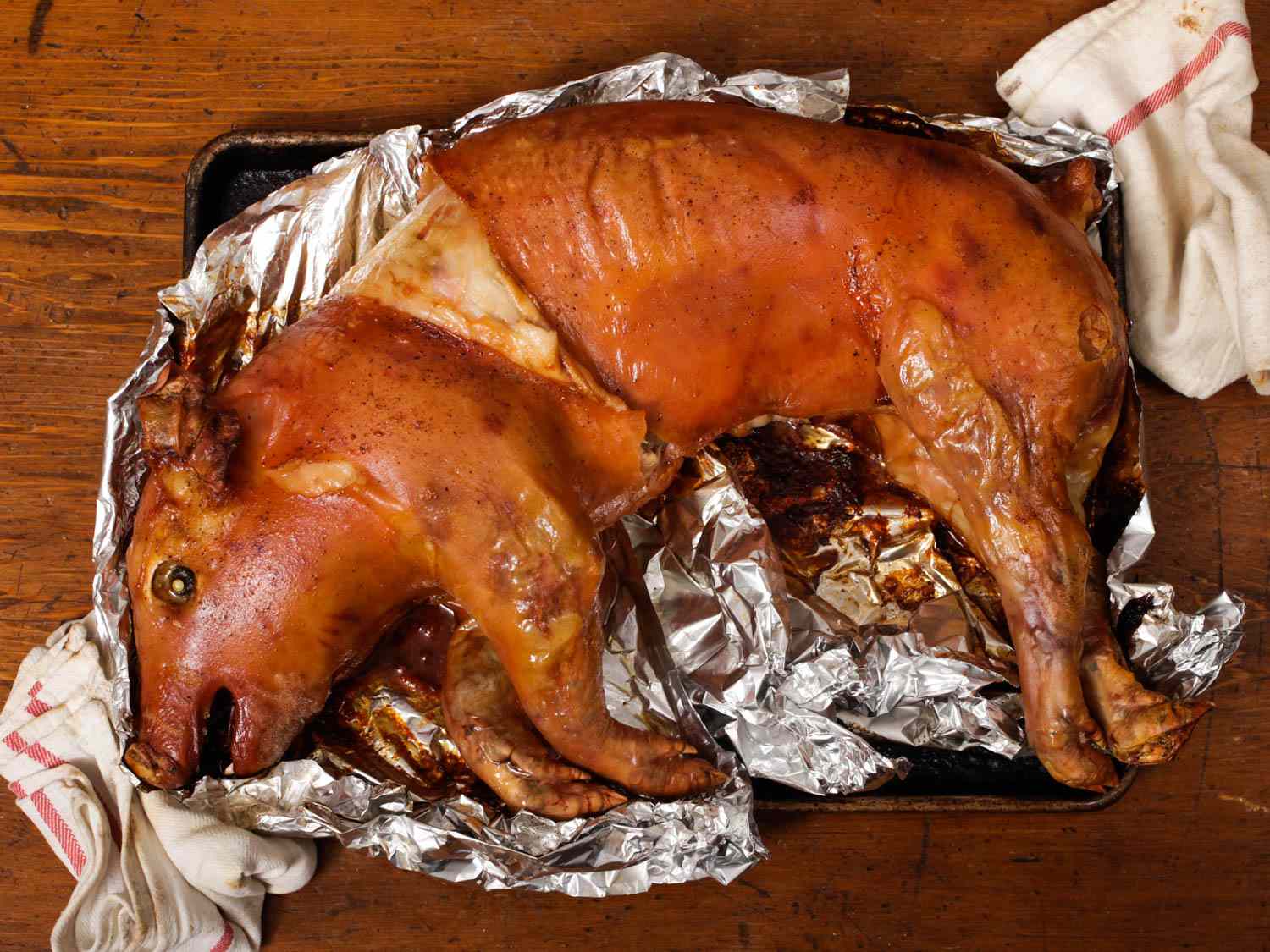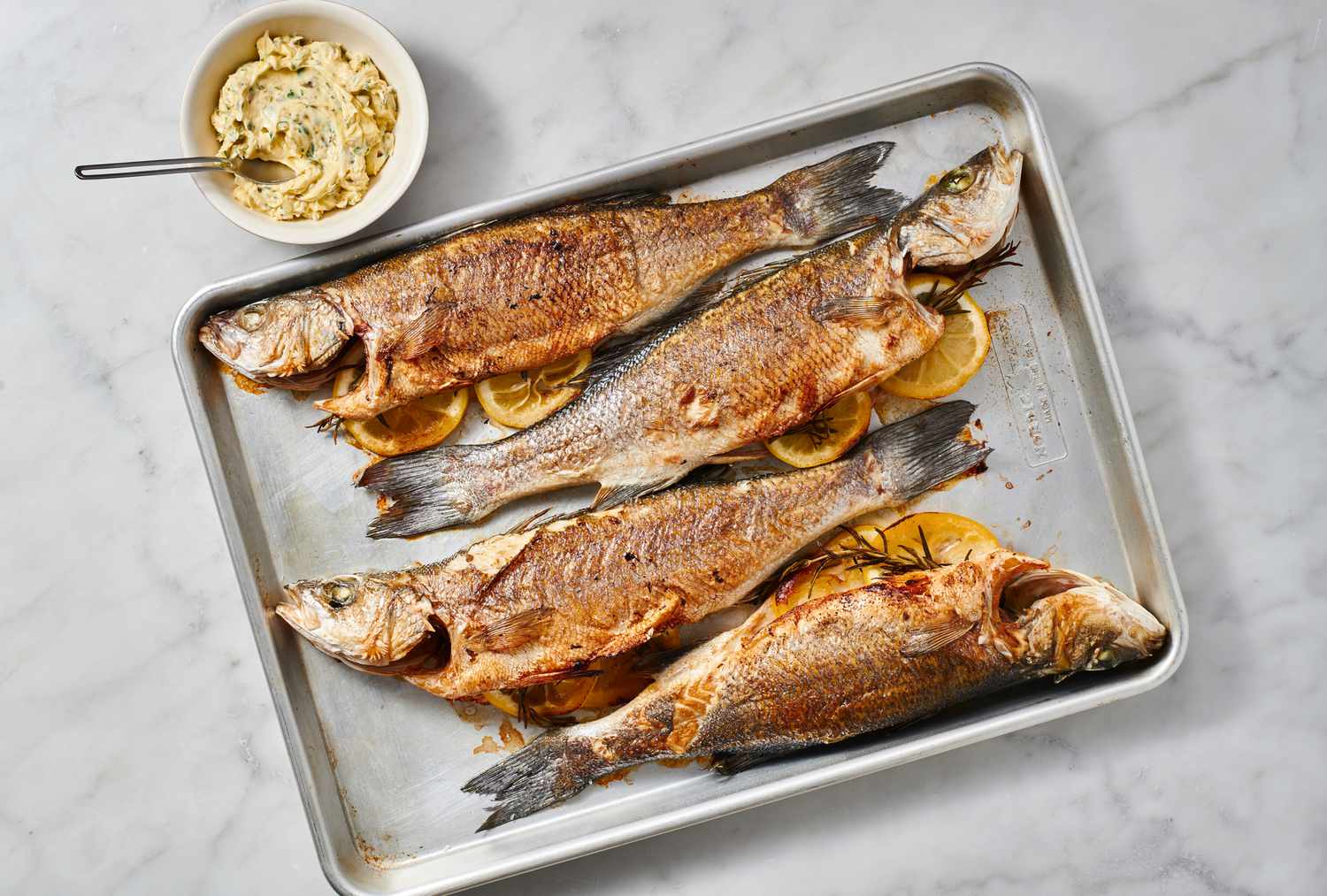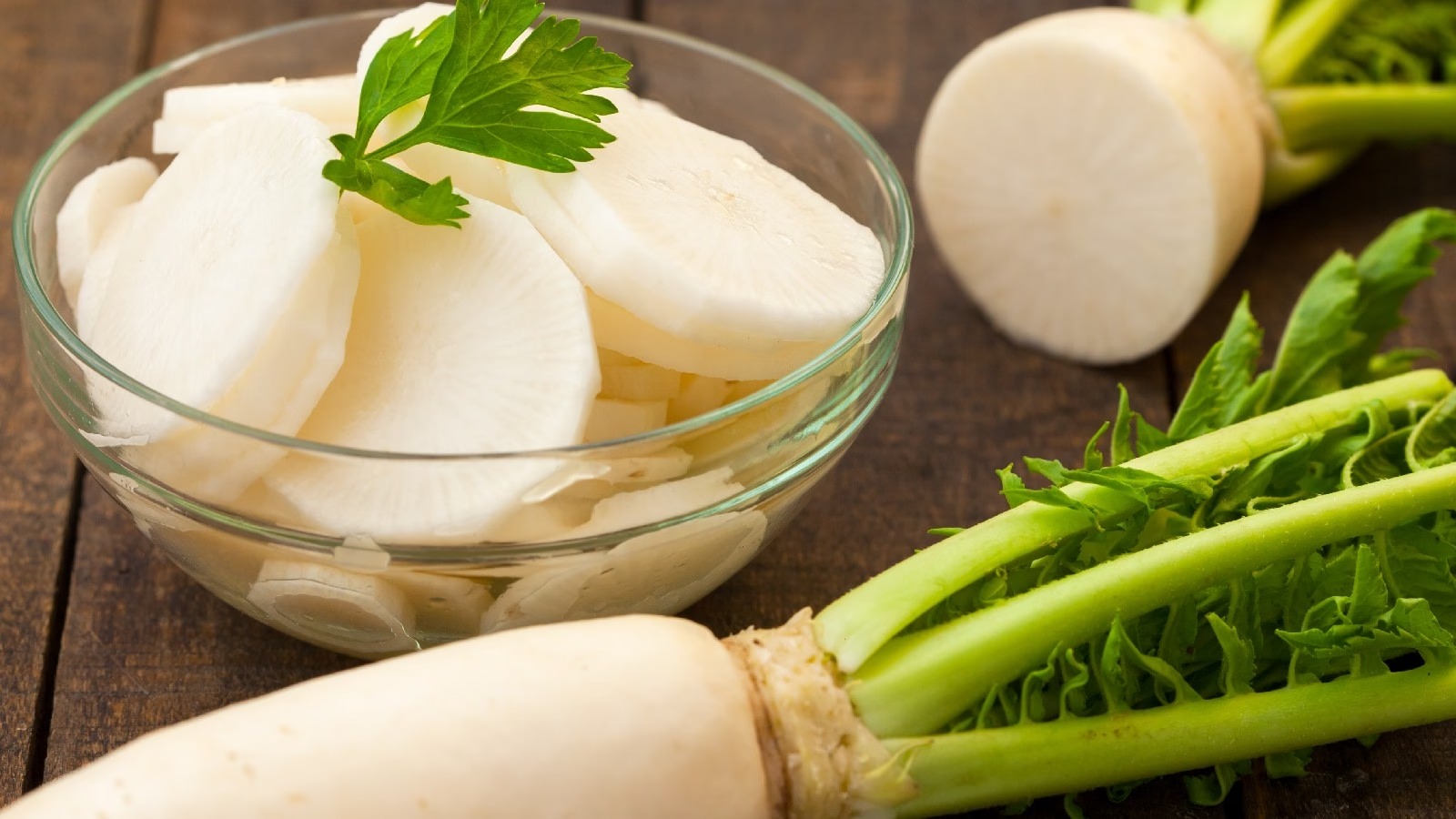How to Manage Your Diet with Post Nasal Drip
If you suffer from post nasal drip, you know how uncomfortable it can be, especially when it comes to eating. Post nasal drip occurs when excess mucus accumulates in the back of the throat and can lead to coughing, throat irritation, and difficulty swallowing. However, with some simple adjustments to your diet and eating habits, you can make mealtime more manageable.
Choose the Right Foods
When dealing with post nasal drip, it’s important to be mindful of the foods you consume. Opt for soft and easy-to-swallow foods that won’t exacerbate your symptoms. Here are some food choices to consider:
- Warm soups: Soups can help soothe your throat and provide hydration.
- Cooked vegetables: Steamed or boiled vegetables are easier to swallow than raw ones.
- Lean proteins: Tender meats like chicken or fish are gentle on the throat.
- Soft fruits: Applesauce, bananas, and other soft fruits are less likely to irritate your throat.
- Smoothies: Blended fruits and vegetables can be a nutritious and easy-to-swallow option.
Modify Your Eating Habits
In addition to choosing the right foods, adjusting your eating habits can also make a difference in managing post nasal drip. Here are some tips to consider:
- Take small bites: Cutting your food into smaller pieces can make it easier to swallow.
- Chew thoroughly: Properly chewing your food can help prevent throat irritation.
- Stay hydrated: Drink plenty of water to help thin mucus and ease swallowing.
- Avoid spicy foods: Spicy foods can further irritate your throat, so it’s best to steer clear of them.
- Eat slowly: Taking your time with meals can reduce the likelihood of throat discomfort.
Consider Dietary Restrictions
Some individuals with post nasal drip find that certain foods can trigger or worsen their symptoms. While this can vary from person to person, common culprits include dairy products, gluten, and refined sugars. If you suspect that certain foods are exacerbating your post nasal drip, consider eliminating them from your diet for a period of time to see if it makes a difference.
Seek Professional Guidance
If you’re struggling to manage your diet with post nasal drip, it’s important to seek guidance from a healthcare professional. A registered dietitian or an ear, nose, and throat specialist can provide personalized recommendations to help you navigate your dietary needs while managing post nasal drip.
While dealing with post nasal drip can be challenging, making thoughtful choices about the foods you eat and how you eat them can help alleviate discomfort and make mealtime more enjoyable. By prioritizing soft, easy-to-swallow foods, modifying your eating habits, and considering potential dietary triggers, you can take proactive steps to manage your diet with post nasal drip.
Recipes and More Ways to Utilize This Guide
If you're struggling with post nasal drip, the right diet can significantly alleviate symptoms. Try recipes like Creamy Chicken and Vegetable Soup and Butternut Squash Soup which are not only comforting but also easy on the throat. For a quick boost, the Banana Smoothie with Honey incorporates the soothing properties of honey, making it ideal for easing throat discomfort. We highly recommend the Steamed Ginger Fish Fillets and Oven-Poached Salmon. These dishes are light, nutritious, and include ginger or lemon, known for their anti-inflammatory benefits. For those who enjoy a sweeter approach, the Pumpkin Spice Smoothie and Baked Apple with Cinnamon and Nutmeg offer delightful flavors along with throat-soothing textures.




